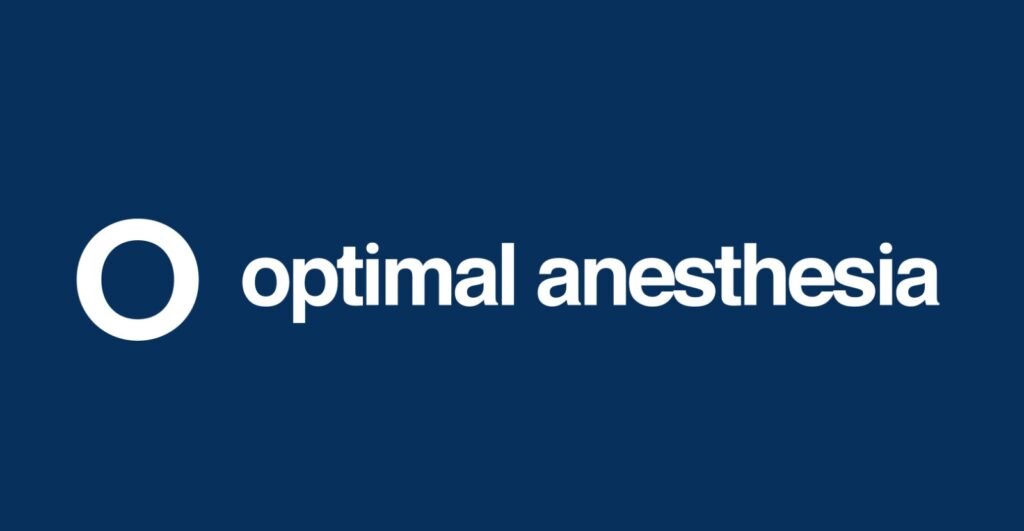Serum renin, an enzyme produced by the kidneys, plays a crucial role in regulating blood pressure and fluid-electrolyte balance in the body. Serum renin, an enzyme involved in the renin-angiotensin-aldosterone system (RAAS), plays a significant role in regulating blood pressure and fluid-electrolyte balance. In the perioperative period, monitoring serum renin levels can provide valuable information about a patient’s hemodynamic status and help guide clinical management.Recent studies have highlighted its potential as a prognostic marker in intensive care and perioperative settings, shedding light on its relevance in managing critically ill patients. Understanding the normal values of serum renin and how changes in its levels can impact the perioperative period is essential for healthcare professionals to optimize patient care.
Normal Values and Regulation of Serum Renin:
In healthy individuals, serum renin levels are tightly regulated to maintain blood pressure and electrolyte balance. Normal values vary depending on factors such as age, sex, and posture, but typically range between 0.5-2.3 ng/mL/hr. Renin is primarily released in response to decreased blood pressure, low sodium levels, or sympathetic nerve activation. It acts on angiotensinogen to form angiotensin I, which is further converted to angiotensin II, a potent vasoconstrictor that increases blood pressure.
Uses of Serum Renin Value in the Perioperative Period
Serum renin, an enzyme involved in the renin-angiotensin-aldosterone system (RAAS), plays a significant role in regulating blood pressure and fluid-electrolyte balance. In the perioperative period, monitoring serum renin levels can provide valuable information about a patient’s hemodynamic status and help guide clinical management. Some of the key uses of serum renin value in the perioperative period include:
- Assessment of Volume Status: Serum renin levels can indicate whether a patient is hypovolemic or euvolemic. Low renin levels may suggest volume overload, while high levels may indicate volume depletion.
- Prediction of Hemodynamic Instability: Elevated renin levels have been associated with an increased risk of hemodynamic instability in perioperative patients. Monitoring renin levels can help identify patients at higher risk and guide fluid management strategies.
- Risk Stratification: Serum renin levels can help stratify patients based on their risk of adverse outcomes. Patients with elevated renin levels may require closer monitoring and more aggressive management to prevent complications.
- Guiding Fluid Therapy: Renin levels can help guide fluid therapy in perioperative patients. Patients with low renin levels may benefit from fluid restriction, while those with high renin levels may require fluid resuscitation.
- Optimizing Blood Pressure Control: Monitoring renin levels can help optimize blood pressure control in hypertensive patients undergoing surgery. Adjusting antihypertensive medications based on renin levels can help achieve better blood pressure management.
- Identification of Renin-Dependent Hypertension: In patients with hypertension, measuring renin levels can help differentiate between renin-dependent and renin-independent forms of hypertension. This information can guide treatment decisions.
- Prognostic Marker: Elevated renin levels have been associated with increased mortality and adverse outcomes in perioperative patients. Serum renin levels, particularly Day 3 Renin levels, show promise as a prognostic biomarker in sepsis-associated ARDS patients.Monitoring renin levels can help identify patients at higher risk and guide treatment strategies to improve outcomes.
Implications for Patient Care:
Monitoring serum renin levels in perioperative patients can provide valuable information about their hemodynamic status and help guide treatment decisions. Patients with elevated renin levels may benefit from targeted interventions, such as angiotensin II administration, to improve outcomes. Additionally, renin levels may serve as a prognostic marker, helping identify patients at higher risk of complications.
Conclusion:
Serum renin is a valuable marker in the perioperative period, reflecting the hemodynamic status of patients and offering insights into their prognosis. Monitoring renin levels can help healthcare professionals optimize patient care and improve outcomes in critically ill and perioperative patients. Further research is warranted to explore the full potential of serum renin as a biomarker in the perioperative setting.


